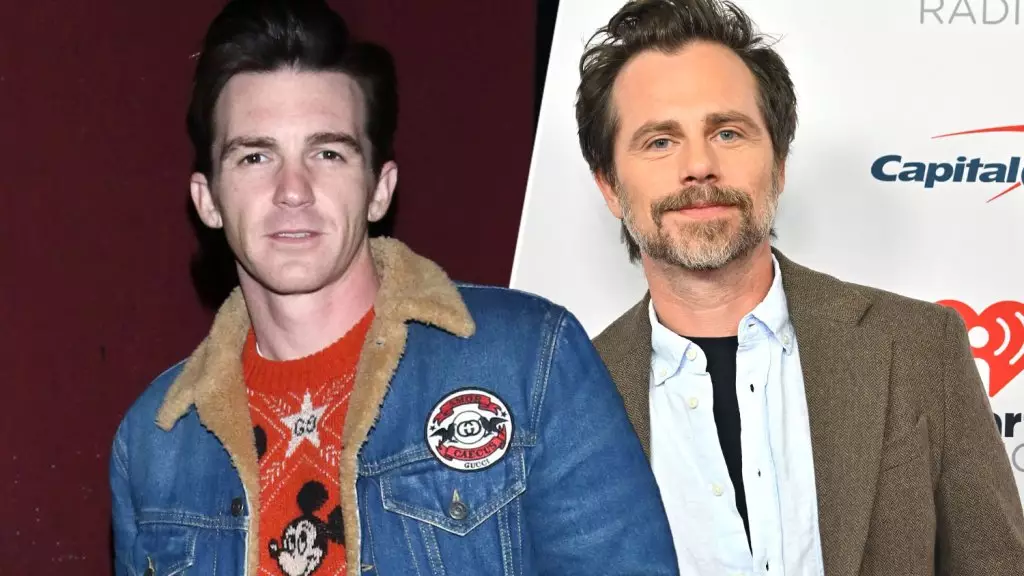Drake Bell recently made shocking revelations about his past experiences with abuse at the hands of Brian Peck, a former Nickelodeon dialogue coach. According to Bell, Peck had abused him during his time on a kids TV show, leading to a trial where Peck presented letters of support from various colleagues.
After the trial, Bell shared an update on social media, revealing that he had a conversation with Rider Strong, a former colleague who had supported Peck during the trial. Bell expressed his feelings of healing and forgiveness towards Strong, despite not receiving any apologies from those who supported Peck.
Bell went on to express his shock and disappointment upon discovering that some of his colleagues from the show had supported Peck by writing letters of support. These colleagues, who were part of the Drake & Josh crew that Bell had worked alongside for years, had kept their support for Peck hidden from Bell.
The Impact on Bell
The revelation of his colleagues’ support for his abuser left Bell feeling betrayed and hurt. He expressed his disbelief that people he had considered friends could support someone who had caused him such pain and trauma. Bell’s experience serves as a sobering reminder of the complexities and challenges survivors of abuse face, particularly when confronting the betrayal of those they trust.
Despite the betrayal and lack of apologies from those who supported Peck, Bell remains committed to his healing journey. His willingness to forgive and express love towards those who have hurt him speaks to his resilience and strength as a survivor. Bell’s journey serves as a powerful example of the courage it takes to confront past trauma and move towards healing and forgiveness.
Drake Bell’s revelations about his past experiences with abuse shed light on the challenges survivors face when confronted with betrayal from those they trust. Bell’s journey towards healing and forgiveness serves as an inspiration to others who may be struggling with similar experiences. It is a reminder of the importance of speaking out, seeking support, and ultimately, prioritizing one’s own healing and well-being.

